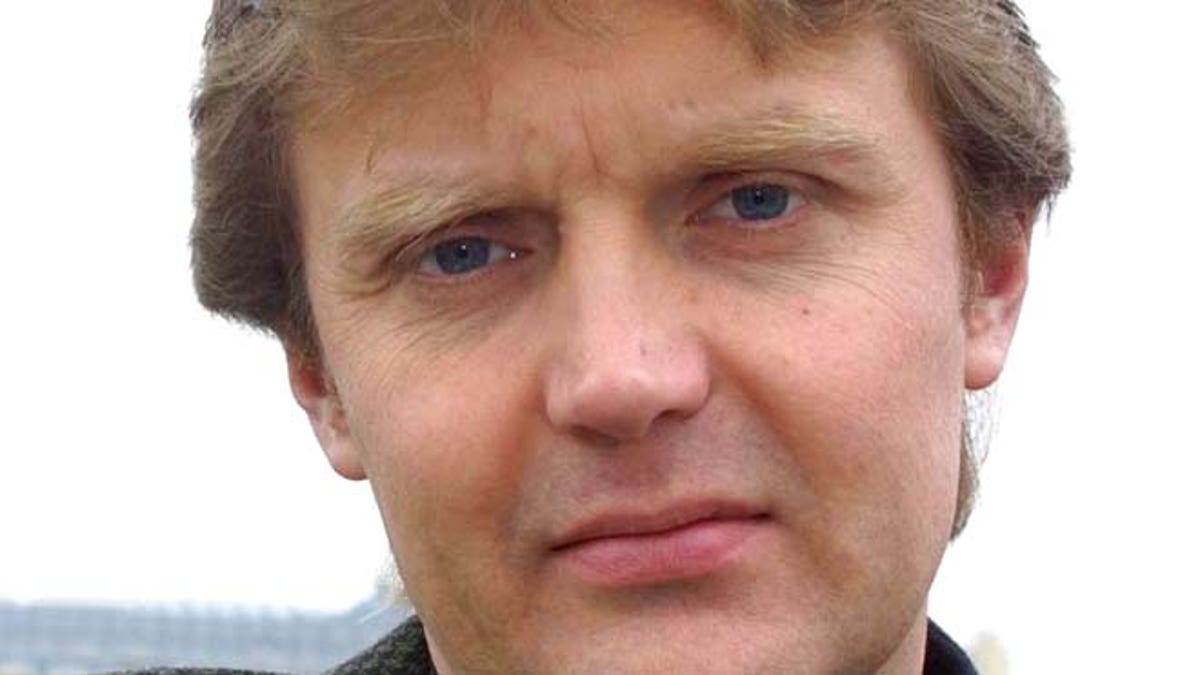
May 10, 2002: Alexander Litvinenko, former KGB spy and author of the book "Blowing Up Russia: Terror From Within" is photographed at his home in London. (AP Photo/Alistair Fuller, File)
LONDON – The killers of former Russian agent Alexander Litvinenko may have harmed the health of thousands of Londoners as they trailed radioactive polonium-210 around the city, a lawyer for British police said Thursday.
Richard Horwell told an inquiry into Litvinenko's death that the killing may have exposed "hundreds if not thousands of Londoners" to radioactive contamination.
"We will never know how dangerous the exposure of polonium to the public at large will be and what long-term effects will be visited on Londoners," he said.
Litvinenko, a KGB officer-turned-Kremlin critic, died in 2006, three weeks after drinking tea laced with polonium-210 at a London hotel. On his deathbed, Litvinenko accused Russian President Vladimir Putin of ordering his assassination — a claim Moscow denies.
British authorities say there is evidence of Russian state involvement, and police have accused two Russians who met Litvinenko in London, Dmitry Kovtun and Andrei Lugovoi, of carrying out the killing. Both deny involvement.
Horwell said the "the science is such that the finger points unwaveringly" at Kovtun and Lugovoi.
"The Metropolitan Police Service want Lugovoi and Kovtun to be tried in this country for murder," Horwell said.
But that seems a remote prospect. Moscow refuses to extradite the suspects, and Lugovoi is now a lawmaker in Russia.
Horwell said that "no matter how many state honors Putin may pin to Lugovoi's chest for services to the motherland ... Lugovoi and Kovtun have no credible answer to the scientific evidence and to the trail of polonium they left behind."
Lawyers are making closing statements at the months-long inquiry, which is due to end Friday. Judge Robert Owen plans to release his conclusions by the end of the year.







































